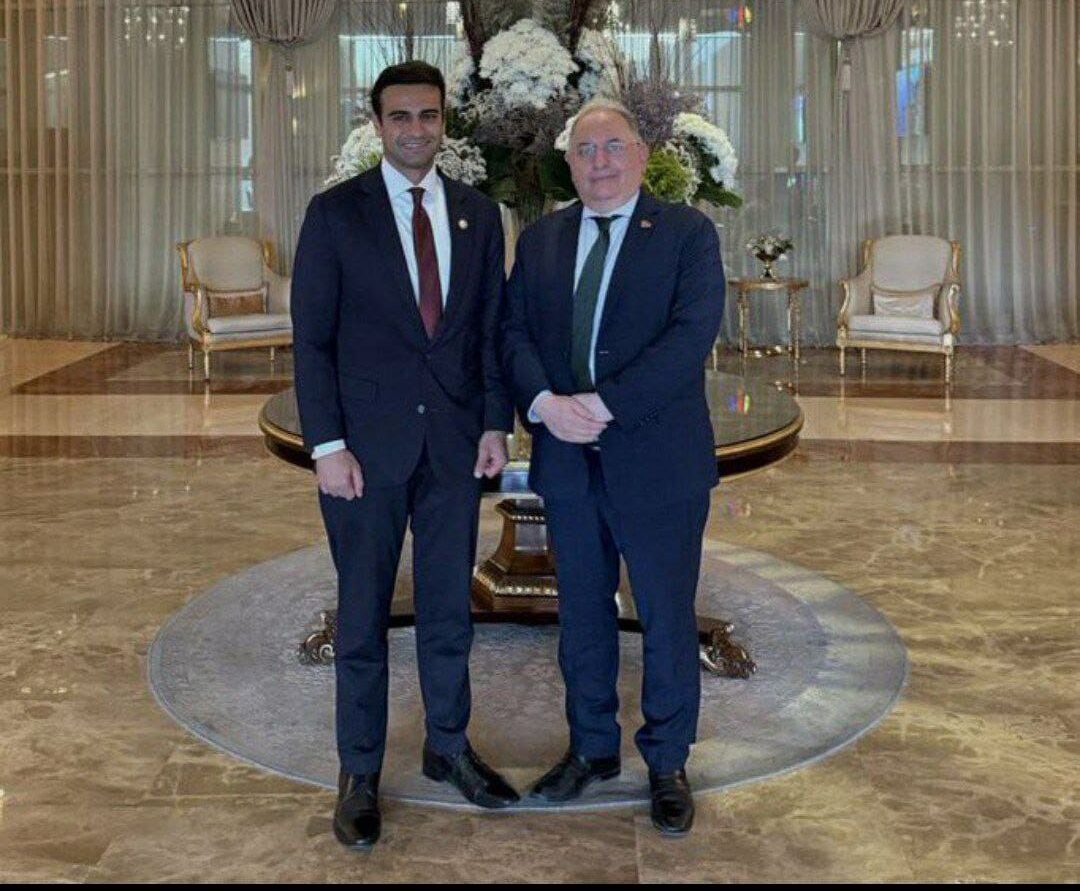
Members of Congress are stepping up efforts to reestablish communication and cooperation with Syria’s transitional government, signaling a potential turning point in US policy toward the war-torn nation. The moves follow President Donald Trump’s call for easing restrictions and supporting Syria’s post-Assad recovery.
Wilson Calls for Stability and Sanctions Relief
Republican Sen. Joe Wilson praised Trump’s approach as a “brilliant strategic move,” arguing that a unified and stable Syria could curb the influence of Iran and ISIS while working alongside NATO ally Turkey to push back against Russian military presence.
“A divided and unstable Syria will invite chaos like Libya or Somalia,” Wilson posted on X, warning it could create conditions for a resurgence of ISIS and strengthen both Iranian and Russian influence.
Wilson has urged the US Department of Commerce to lift export controls on Syria, saying delays only serve China’s interests. He has also called for the repeal of the Caesar Act, which imposes sanctions on Damascus, arguing that its continuation hinders reconstruction and inadvertently fuels extremism.
House Moves to Amend Caesar Act
Last month, Rep. Michael Lawler introduced the “Syria Sanctions Accountability Act,” which passed the House Financial Services Committee in a 31-23 vote. The bill stops short of repealing the Caesar Act, instead extending the sanctions waiver period from 180 days to two years and setting conditions for full repeal by 2029.
The legislation includes provisions to review banking restrictions, strengthen anti-money laundering rules, and impose human rights benchmarks. It also requires the administration to brief Congress on regulatory measures affecting Syria’s central bank. The bill still faces review by the House Foreign Affairs Committee before a full vote.
Hamadeh Makes ‘Historic’ Trip to Damascus
In a rare diplomatic step, Rep. Ibrahim Hamadeh traveled directly from Jerusalem to Damascus on Sunday for a six-hour visit with Syrian President Ahmad al-Sharaa, Foreign Minister Asaad al-Shibani, and Finance Minister Mohammad Yaser Barniyeh. The meetings focused on humanitarian issues, including the repatriation of the body of US aid worker Kayla Mueller, kidnapped and killed by ISIS in 2013.
Hamadeh called for establishing a humanitarian corridor to Suwayda and urged Syria to normalize relations with Israel and join the Abraham Accords. He also pressed Syrian leaders to ensure peace and security for all communities, including Christians, Druze, Kurds, and Alawites.
According to Syria TV, Hamadeh’s visit aimed to create a direct communication channel between Congress and Damascus, monitor Trump’s Syria agenda, and discuss regional stability amid Israeli strikes.
Economic Engagement on the Horizon
Hamadeh and Barniyeh discussed potential US-Syria economic cooperation, with the Syrian finance minister expressing optimism about future bilateral relations. Hamadeh voiced support for partial sanctions relief to facilitate reconstruction, stressing that congressional oversight would be essential in holding Damascus accountable.
The visits and legislative proposals mark the most concerted US effort in years to reengage with Syria’s leadership, as lawmakers weigh balancing strategic interests with humanitarian concerns in a post-Assad future.








